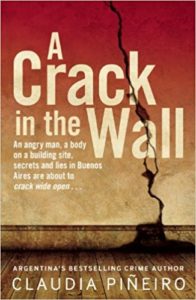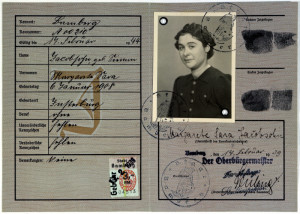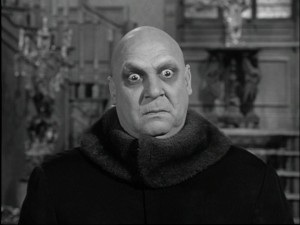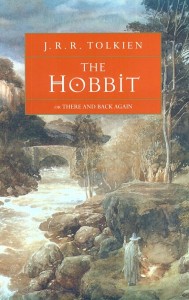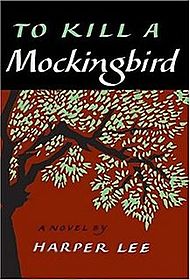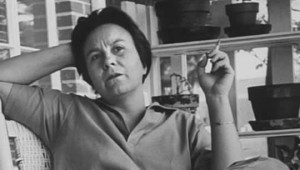The New York Times recently did a story looking at possible plagiarism in A. J. Flynn’s best-selling novel The Woman in the Window because it seemed very similar in ssignificant ways to Saving April by Sarah A. Denzil.
This is murky territory, because as someone who’s reviewed crime fiction since the 90s, I find thrillers often work with similar ideas and even plot twists. Is it theft? Or is it the fact that the genre has certain tropes that appeal to readers and smart authors stick to the tried and true?
I have been definitely plagiarized in my own career. Years ago I was the first person studying Edith Wharton to notice that the feeling of shame cropped up all through her fiction. Searching the literature about her, I found that nobody had examined this theme or even remarked on it. I started publishing articles about shame and her fiction, working with Silvan Tomkins’ Affect Theory.
In addition to unveiling this neglected them, I also discussed works of Wharton’s that had never been written about in any academic article. I shared copies with one Wharton scholar whose next book lifted my ideas without any footnote. When I contacted her about it, she said brightly, “Well maybe we were working on similar tracks at the same time.”
When I reminded her of the articles I had sent her, she was silent. I asked if she could have her publisher add an erratum slip, which academic publishers do when there’s an error in the text. This small printed slip of paper tucked into a book is an inexpensive way to make a correction or note something was left out. Sounding agitated, she said, “But that would look like plagiarism.”
That was very revealing.
Then there was a less obvious borrowing when a well-known author in The New Yorker lifted something I wrote about Edith Wharton and William Dean Howells in an online magazine. He and I had previously appeared in the same issue of that magazine, so I assumed he had read my article as I had read his there. I wasn’t being paranoid to think he was lifting what I wrote because a professor at Michigan State University noted the similarity and said, “He owed you a reference.”
More recently, after a terrific week in Ghent, Flanders, and because I’d published travel blogs and a travel memoir, I pitched a “36 Hours in Ghent” article to the New York Times Travel section. They hadn’t done one before and I was planning a return trip. There was no reply, but this week, sure enough, a “36 Hours in Ghent” article showed up in the Travel section. Was the author working on the same idea seven months ago when I made my pitch? Maybe. Maybe not. It definitely felt creepy,. You’d think if the Times had already assigned a piece like that–or was planning to–they would have rejected my query with an explanation.
That’s unfortunately the life of a working writer. And while I haven’t had direct theft of actual lines, these experiences have been bad enough.
If you’re a writer, have you ever had your work stolen? Add your comment below.
Lev Raphael offers creative writing workshops online at writewithoutborders.com. He’s the author of the forthcoming mystery State University of Murder and 25 other books in a wide range of genres.

